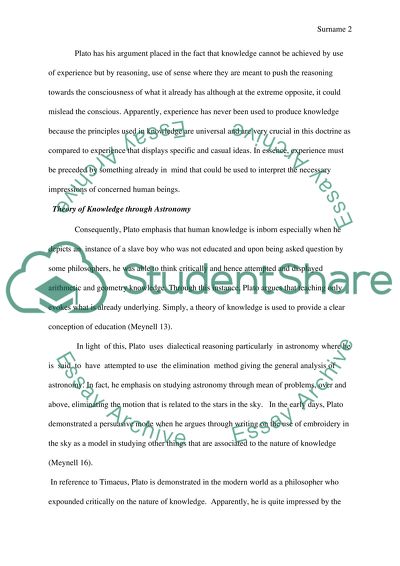Cite this document
(“Describe Plato's philosophical analysis of the nature of knowledge, Essay”, n.d.)
Retrieved from https://studentshare.org/philosophy/1480643-describe-platoyies-philosophical-analysis-of-the
Retrieved from https://studentshare.org/philosophy/1480643-describe-platoyies-philosophical-analysis-of-the
(Describe Plato'S Philosophical Analysis of the Nature of Knowledge, Essay)
https://studentshare.org/philosophy/1480643-describe-platoyies-philosophical-analysis-of-the.
https://studentshare.org/philosophy/1480643-describe-platoyies-philosophical-analysis-of-the.
“Describe Plato'S Philosophical Analysis of the Nature of Knowledge, Essay”, n.d. https://studentshare.org/philosophy/1480643-describe-platoyies-philosophical-analysis-of-the.


